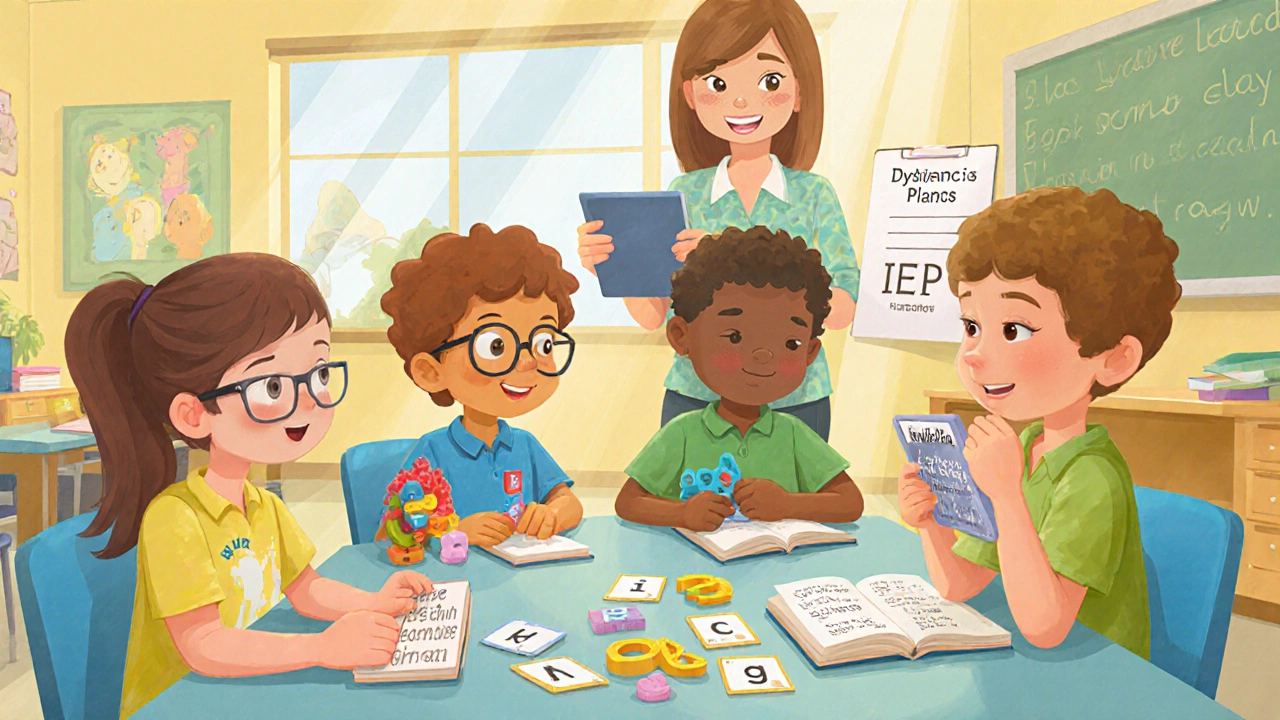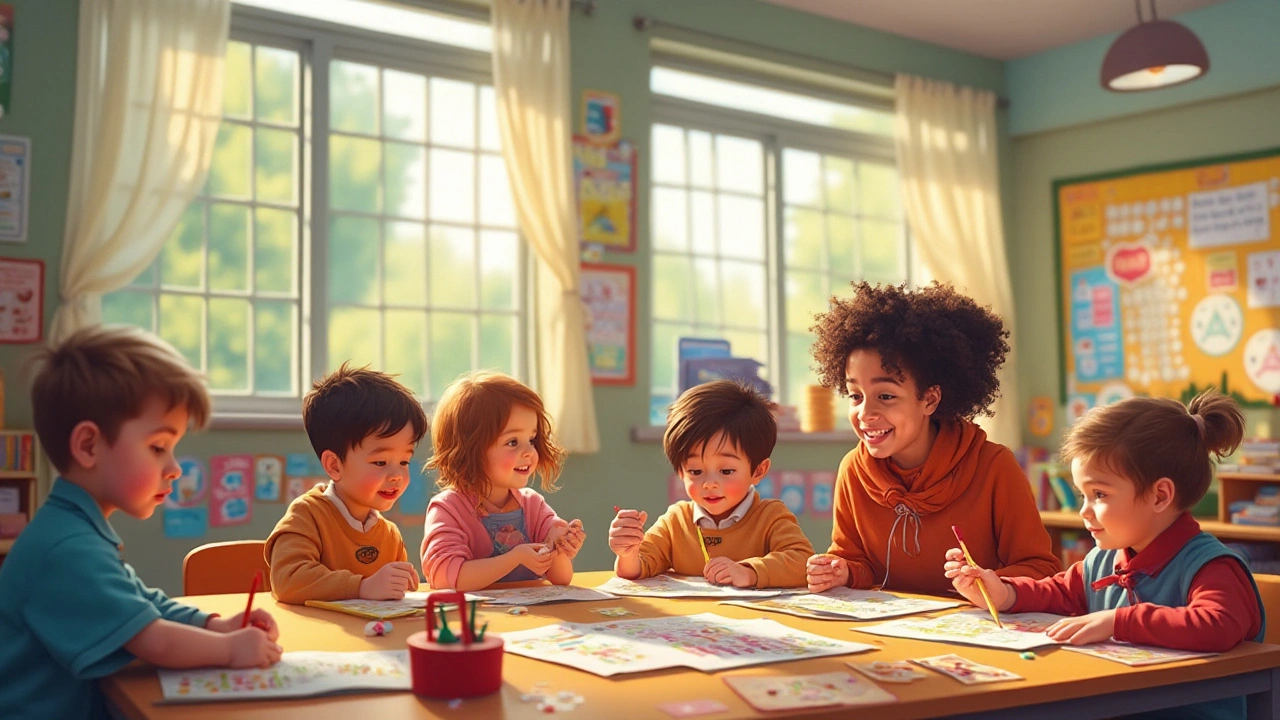Special Needs Education at Nottingham Nursery School
When you walk into our nursery, you’ll notice a warm, welcoming space where every child feels safe and valued. We know that children with special needs deserve the same fun and learning opportunities as their peers, and we’ve built our approach around that belief.
Our teachers are trained to spot different learning styles early, whether a child needs extra sensory input, clear visual cues, or a calm corner to regroup. By watching how each child engages, we can adapt activities on the spot, keeping the day enjoyable and productive.
Why Inclusion Matters
Inclusion isn’t just a buzzword for us – it’s a daily practice. When children learn together, they pick up empathy, patience, and respect naturally. For kids with autism or other needs, being part of a mixed group helps them practice social skills in a real‑world setting, not just in a therapy room.
Research shows that early inclusive experiences boost confidence and academic progress. We see it every day when a child who once struggled to join circle time suddenly leads a song because they feel accepted.
Practical Ways We Support Special Needs
First, we design our curriculum with flexibility. A maths game can be played with tactile counters for a child who learns best by touch, or with picture cards for visual learners. We keep materials at kid‑height so everyone can reach and participate.
Second, our staff use clear, simple language and consistent routines. Predictable schedules reduce anxiety, and visual timetables let children know what’s coming next.
Third, we create calm zones equipped with soft pillows, soft lighting, and quiet toys. If a child feels overwhelmed, they can take a short break without missing out on the day’s fun.
We also work closely with parents. During our regular meetings, we discuss each child’s strengths, challenges, and home strategies. This partnership ensures consistency between nursery and home, reinforcing progress.
When a child needs extra support, we bring in specialists like speech therapists or occupational therapists on a scheduled basis. They collaborate with our teachers to weave therapeutic goals into everyday play.
Finally, we celebrate diversity. Our walls display art from all children, and we hold monthly events where families share cultural traditions, songs, or stories. This inclusive vibe reinforces that every child’s background and abilities are valued.
If you’re looking for a place where your child’s special needs are met with expertise and compassion, you’ve come to the right spot. Come for a tour, meet our team, and see how we turn inclusive education into a joyful everyday experience.
When Do Learning Disabilities Usually Disappear? Age Guide & What to Expect
Learn when learning disabilities typically improve, key factors that help, and how to support children from preschool through adulthood.
Children with Special Needs: Is This Phrase Still OK to Use?
Is it still appropriate to say 'children with special needs'? This article breaks down what the term means, why some people avoid it, and what alternatives are being used in schools and communities today. Discover common pitfalls and real-life tips on talking about disabilities with respect. The language around special needs is changing every year—stay updated and inform your daily conversations. We’ll cut through the confusion and show you practical ways to communicate clearly and kindly.
Special Needs Kids: What Really Happens When They Grow Up?
This article digs into what life looks like for special needs kids once they turn 18. It explains the big changes in support, legal rights, work, and independent living options. You'll find practical tips for parents on planning ahead and getting through red tape. The challenges aren't sugar-coated, but there are bright spots and success stories too. If you know or love someone with special needs, this is a must-read for tackling adulthood confidently.
Special Needs in Education: What Does It Really Mean?
What does 'special needs' actually mean in education? This article makes sense of the label, clears up common myths, and dives into how schools adapt for different learners. Get clear examples of the kinds of challenges students face and practical tips for supporting them. Perfect for anyone who wants to understand inclusive education better—whether you’re a parent, teacher, or just curious.
Understanding Awareness in Special Education
Children in special education often perceive their differences through their environment, impacting their self-awareness. This article explores whether special ed kids know they are special, the factors influencing their awareness, and how educators and parents can support them. Discover strategies that foster positive self-identity and inclusion. The goal is to ensure that these children feel confident and understood.
Understanding the Special Needs Status of Individuals with Autism
This article addresses whether individuals with autism are considered to have special needs. It explores the diverse spectrum of autism and its implications for education and social support. The article provides insights into personalized teaching methods and support systems designed to aid autistic individuals. Additionally, it discusses the societal understanding and accommodations necessary to foster an inclusive environment for those with autism.
Understanding Common Learning Disabilities and Their Associated Conditions
Learning disabilities can significantly impact an individual's educational journey. This article highlights three common conditions associated with learning disabilities: dyslexia, ADHD, and dyscalculia. Each condition has unique characteristics and challenges that affect learning and comprehension differently. We will explore interesting facts about these conditions and provide practical tips for educators and parents to support individuals with learning disabilities.






